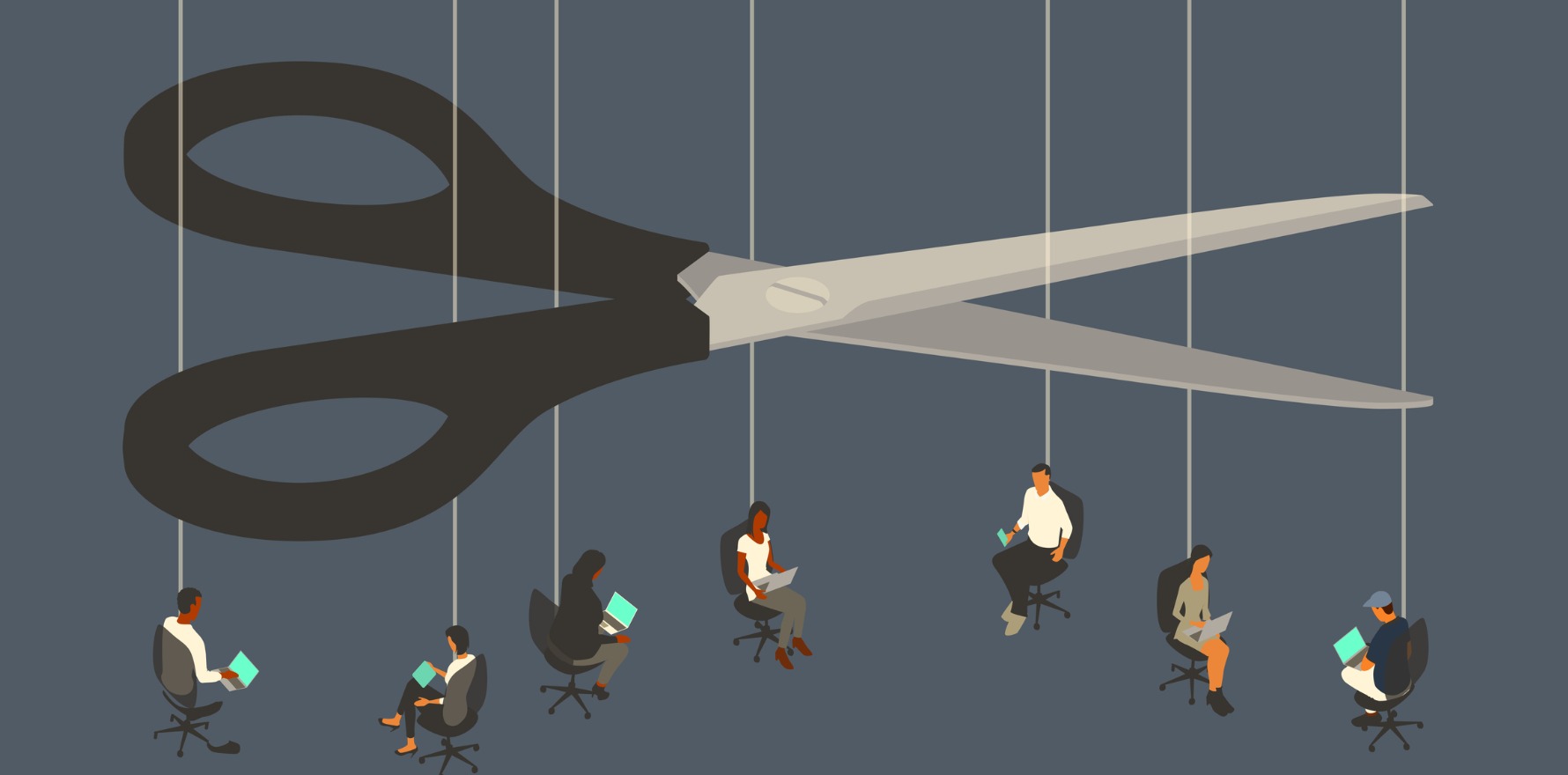With workforce in short supply, this service is worth its weight in public funding, GPs say.
Accessing mental health resources can be fraught and isn’t looking to get any easier in the immediate future.
However, there is a dedicated, federally funded, national GP psychiatry hotline that GPs have told TMR is very helpful.
The GP Psychiatry Support Line is a phoneline answered by psychiatrists. It is specifically for GPs – not patients. Often the call will be picked up straight away. Sometimes it is returned later, hopefully within the hour. A summary of the call is sent within four hours.
Brisbane GP Dr Siobhan Tiernan, who has used the hotline, said it was good for patients to know she’d been able to speak to a psychiatrist and their treatment was on track.
“I had a young gentleman come in having auditory hallucinations and couldn’t get him in to see a psychiatrist. There was a six-week wait. And he had some suicidal ideation as well. I was able to ring up the GP psychiatry support line to get some guidance on what I should start him on while we were waiting for the psychiatrist to see him,” said Dr Tiernan.
“And they were great. I contacted them a couple of times about that patient and I saw him each week until he got in to see the psychiatrist and I could safely hand him over.”
The support service is used at Dr Ian Mannion’s practice as well.
“It’s incredibly easy to access and very useful service to extend our care as GPs, particularly while we’re perhaps waiting for psych appointments, or if you want to manage patients at a higher level within your own practice without psychiatric input,” he told TMR.
Accessing timely help for mental health could be difficult generally, said Dr Mannion.
“Sometimes getting private- or public-sector psychiatric advice can be a little Byzantine. It can be good if you if you can find it, but I think GPs tend to get directed away from speaking to psych consultants or even site registrars under the public system. And I think this is an excellent way of getting directly to senior psychiatric advice with people who know exactly how to tailor it to general practitioners.
“It’s an incredibly effective use of public money and really well put together. It’s very well organised.”
Both GPs said it was possible to ring the hotline and speak to a psychiatrist during a consultation, with or without the patient in attendance.
But sometimes it was out of consultation times, said Dr Mannion.
“It’s on your own time, essentially, so that might be one of the drawbacks for using services like that.
“But it’s also encouraging. And it’s a great educational tool as well. You learn heaps. They’re very good at explaining things. And if you want to spend more time, they’ll spend more time.”
Alex Sovechles is the CEO of ProCare Mental Health Services, the company that developed and run the hotline. He told TMR the aim was to provide the necessary information required to give GPs the confidence to take the next action for a patient who is waiting to see a psychiatrist or a patient who may not need one.
“A very common inquiry will be around medication. There could be a change in a patient situation. They could be having a certain reaction. They may have a whole slew of things that are happening in their lives and that’s impacting the way that their medication is going, and a GP might then be able to adjust that medication based on some advice,” said Mr Sovechles.
“They may say, ‘Look, this person will need some psychiatry interface at some point. But right now, you can do these three things and that’s going to make a big difference’.”
Another common reason that GPs call is to find out if a psychiatrist is the appropriate referral or if there are other specialists and resources that can help.
“I will say that we don’t interact at all with the patients. We don’t even record their names. Often, we’ll ask the psychiatrist to send the patient out of the room, just so there is that privacy. You don’t want to be having the phone on speaker.”
Related
The service is for GPs only, and that’s essential to its continued viability, said Mr Sovechles.
“This is not the first time a service like this has been run, but they always seem to have fallen over at some point. And the reason, we believe, is that … these services would be integrated with the public system or a hospital, and [GPs] weren’t able to get straight through to the psychiatrist.
“So, we … make sure that at least 90% of calls will get straight through at the time they call [or] we can guarantee a callback within the hour or we can set up a booking time.”
The nationally run service is in a two-year trial that ends at the end of June, and discussions are under way about extending it.
When it started in 2018, it was only available in and funded by six NSW primary health networks. That grew to around 15 in 2022. It was funded by the federal government and has run nationally since mid-2023.
“We actually make a phone call to every practice in the country,” said Mr Sovechles.
“We’re still working through that, just to let them know that they have access to the service.”
All that is required to use the hotline is to register, which can be done in advance online at gpsupport.org.au/register or on the phone (1800 16 17 18) to save time when making the first call.





